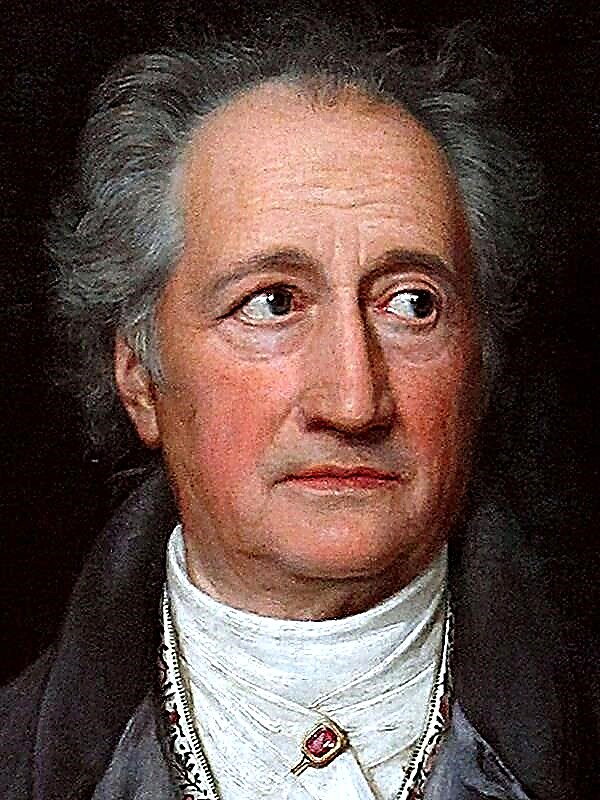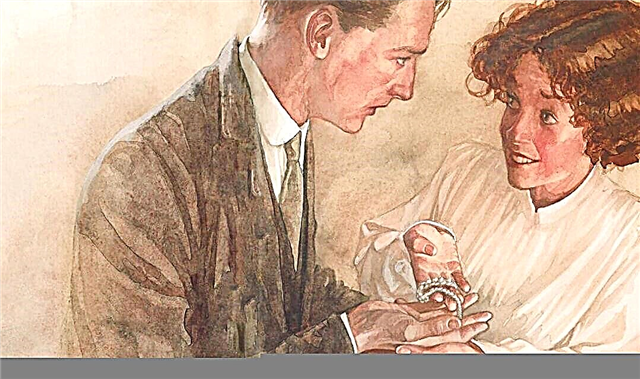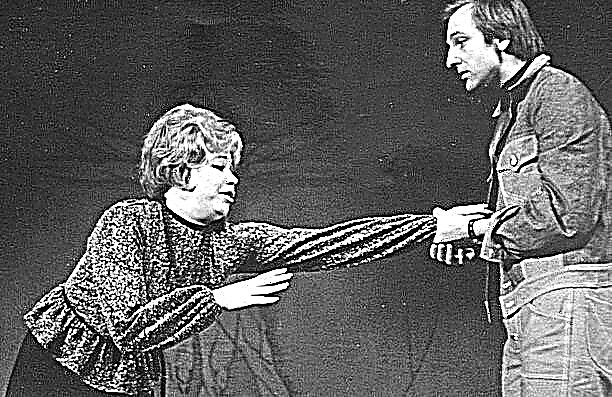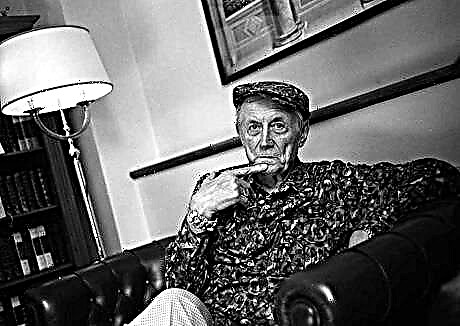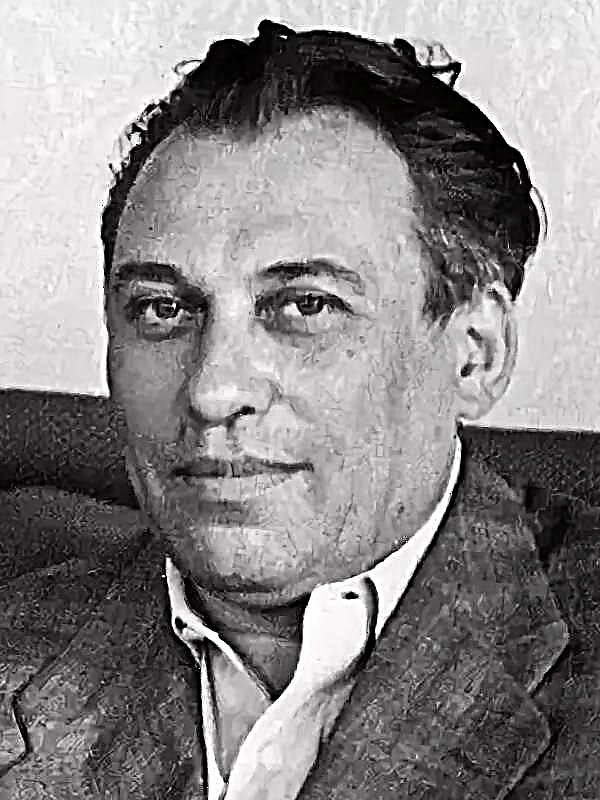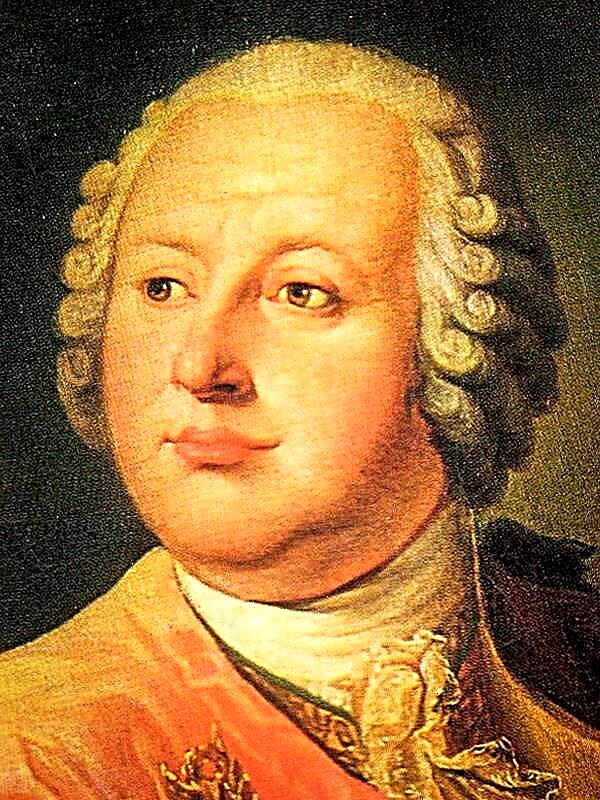(336 words) Childhood is undoubtedly the brightest and most amazing stage of human life, closely associated with the knowledge of its most intimate and general laws. Childhood is a fascinating journey into life, its beginning. Many writers and poets sang this time in their works, full of happy memories and significant questions.
In the trilogy of L. Tolstoy “Childhood. Adolescence. Youth ”, largely autobiographical, the writer examines the three main stretches of life of Nikolenka Irtenyev - a young nobleman brought up in a wealthy family.
Nikolenka is a kind, shy boy, from an early age surrounded by the love of his mother, nanny and tutor Karl Ivanovich. The hero’s childhood passes in harmless fun, walks, as well as life lessons that teach him compassion, kindness and love. Lack of experience, the boy’s first timid steps in life are accompanied by grievances, awkwardness and mistakes. He often lies, hides his true emotions, trying to seem surrounding adults and significant, offended by trifles, but, in the end, his experiences and naive errors help him consciously, in an adult way, look at life.
So, a minute resentment against Karl Ivanovich turns for Nikolenka a number of conflicting feelings: offended by the awkward joke of the governor, the boy sees in his face the embodiment of the most evil qualities. But, surrounded by the affectionate care of Karl Ivanovich, the hero was seriously annoyed that he had so rudely evaluated this kind and loving person. For the first time faced with the contradictions of feelings and thoughts, Nikolenka learns to understand and soberly evaluate himself and the people around him.
The formation of Nikolenka was shown by Tolstoy through a series of vivid, very remarkable episodes in which children's fun, friendship, first love, study, going out, mingling together, reflect the boy's growing up, his spiritual growth and knowledge of conflicting truths in life. Love for Sonya, friendship with Seryozha Ivin, which Nikolenka really wants to be like, imitation of his elder brother Volodya - all this leaves an imprint on the character of the hero, makes him a truly whole person, capable of an adequate assessment of reality.
Childhood according to Tolstoy is directly related to the growth of the soul, the development of which is influenced by the environment and curiosity of the child himself. An adult is largely deprived of the freshness, sincerity and carelessness, the desperate need for truth and love that are inherent in a child. That is why childhood is a truly golden time, filled with the most sincere and beautiful feelings, which adults sometimes lack.


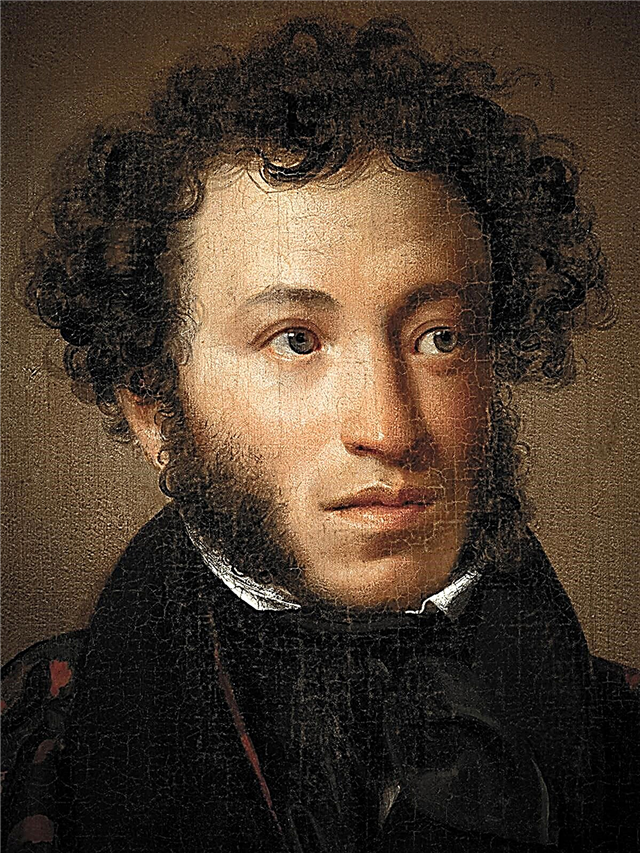
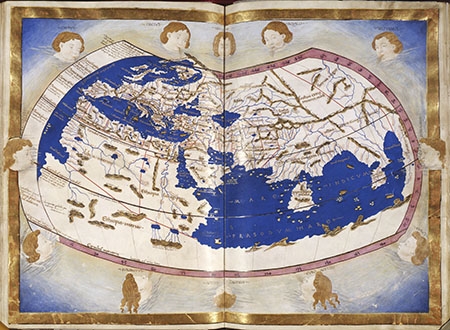


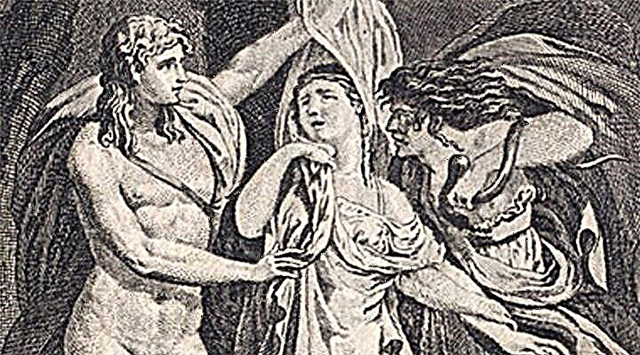 Justine
Justine